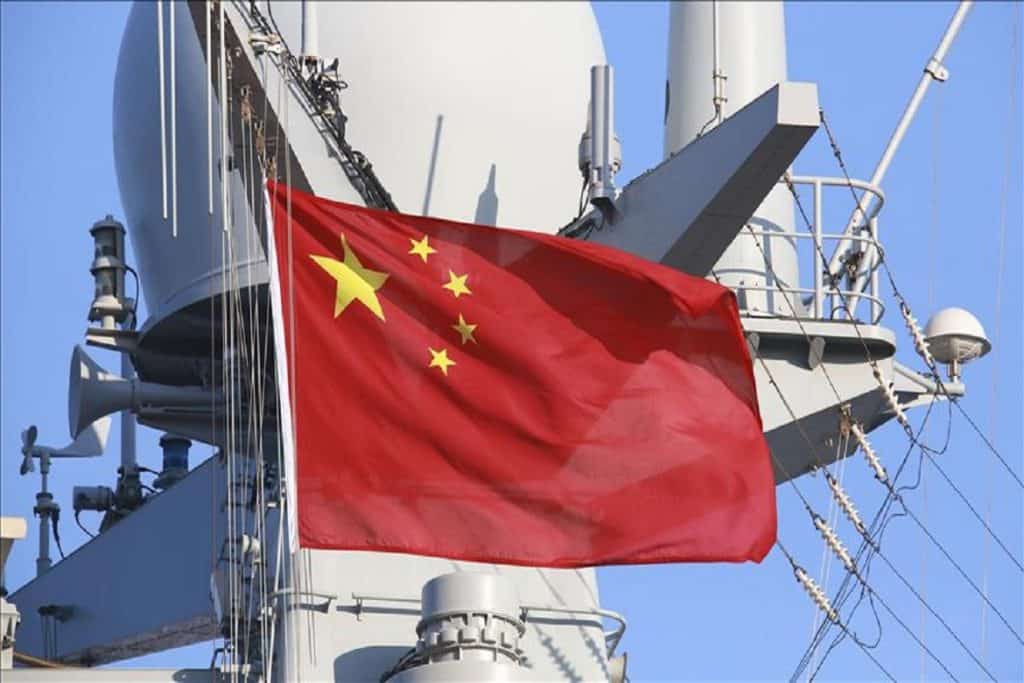By Denis Korkodinov
China’s geopolitical landscape is dependent on rivalry with Washington. It is likely that during 2019, the Indo-Pacific region could face fundamental changes, which would entail a violation of the existing status quo in the geopolitical system.
The reason for such transformations is the strengthening of Chinese influence in the world. The rapid economic revival of Beijing has had a favorable effect on the expansion of its capabilities in the international sphere.
China over the past three decades, won the right to world domination due to cheap labor and the development of transnational campaigns. Because of this, the US sanctions that hit Beijing caused damage to Washington in the first place because a large percentage of the production in the country was in the hands of Chinese organizations as outsourcing.
The main point of the sanctions against Beijing is to limit the access of Chinese goods to the US market. At the same time, the White House administration is trying to force China to create unprecedentedly favorable conditions for the sale of American goods.
In this regard, the fulfillment of Washington’s demands may have adverse consequences for the Chinese economy, which, in turn, will undermine the credibility of the Chinese Communist Party. In any case, failure to comply with the sanctions is likely to lead to the same negative consequences. Therefore, now the position of Beijing is in a stalemate.
Donald Trump does not intend to stop there, and is more likely to increase pressure on China. Most likely, the theme of oppression of the Uighur could be the reason for the additional package of anti-Chinese sanctions. Among other things, the United States is likely to strengthen China’s main competitors in the Central Asian region so that they could gradually abandon Chinese goods and technologies. This will be a painful blow to the economy of Beijing, which is almost entirely dependent on the consumer market of its neighbors.
Anti-China sanctions will certainly benefit Vietnam, Indonesia, Thailand, Malaysia and the Philippines, which have alternative technologies that are not inferior to those of China. In particular, Thailand and Malaysia are distinguished by highly developed technologies in the automotive industry, while Vietnam boasts electronics and textile industry.
In response to the US sanctions, Beijing unambiguously intensifies its participation in the South China Sea, creating a number of serious problems for the United States and Japan, which systematically conduct military exercises and have trade routes in disputed waters. In turn, such processes create a high probability of accidental clashes or targeted military provocations in close proximity to the coast of China.
(The opinions expressed in this article are solely those of the author and do not necessarily reflect the views of World Geostrategic Insights).







